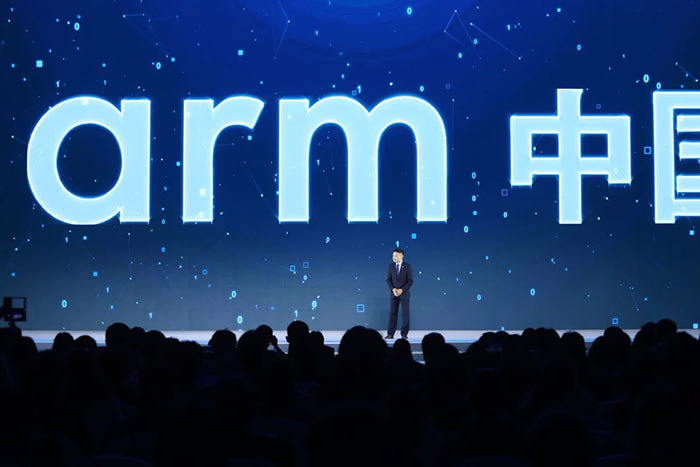Softbank owned Arm Ltd is experiencing some unusual corporate drama in China. According to a Bloomberg report, citing an Arm Ltd statement it received, the boss of Arm China is refusing to step down after being fired. Furthermore, the 'rogue boss', Allen Wu, has hired security guards to stop outside Arm execs visiting the premises, and isn't conducting business in Arm's interest.
Mr Wu is "propagating false information and creating a culture of fear and confusion among Arm China employees," a UK-based Arm Ltd representative said in a statement. "Allen's focus on his own self-preservation has also put China semiconductor innovation at risk as he has attempted to block the critical communication and support our China partners require from Arm for ongoing and future chip designs."
The problem with Wu seems to have originated earlier this year. In June, Arm China's board, which includes representatives from Arm Ltd and Chinese investors, decided to oust Wu after discovering he set up an investment firm competing with Arm business in China. Wu has refused to accept the decision and stays in control at the Arm China HQ in Shenzhen. One must understand that Wu has some leverage due to Chinese law and company registration, even though he is a US citizen. Wu holds the company's registration documents and the company seal, chop, or stamp - and he won't give this up at this time.

Another side to this argument
Arm China employees aren't happy about the unfolding situation either. An open letter signed by 176 employees and shared on China's WeChat, complains that directors of Arm Ltd and Hopu Investments have contacted Arm China's customers and threatened to modify or cancel existing contracts. Moreover, some staff say that they have individually received "threats and harassment," from those parties.
Softbank is currently pondering over the sale or public stock listing of Arm. Nvidia is said to be one of the parties interested in making a deal. However, this kind of corporate turmoil in China isn't a helpful background to negotiations and deals.
It is difficult to know how this situation will be resolved in the strategically important China operation with its main function of selling chip design licenses in the country. Both parties have asked Chinese regulators for support but will Chinese regulatory bodies step in to help resolve the situation either way? In the background, UK and China relations aren't very warm right now.













